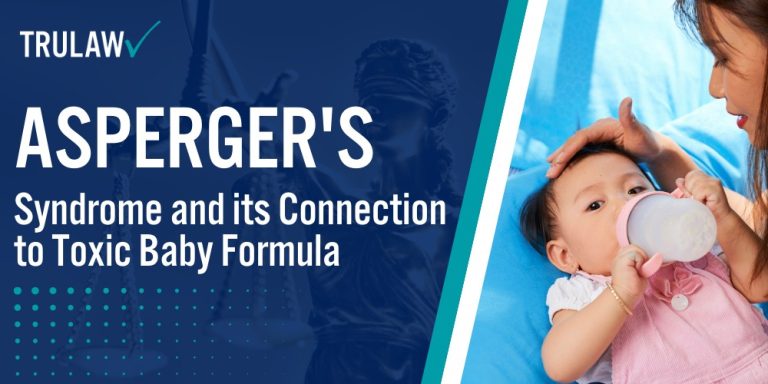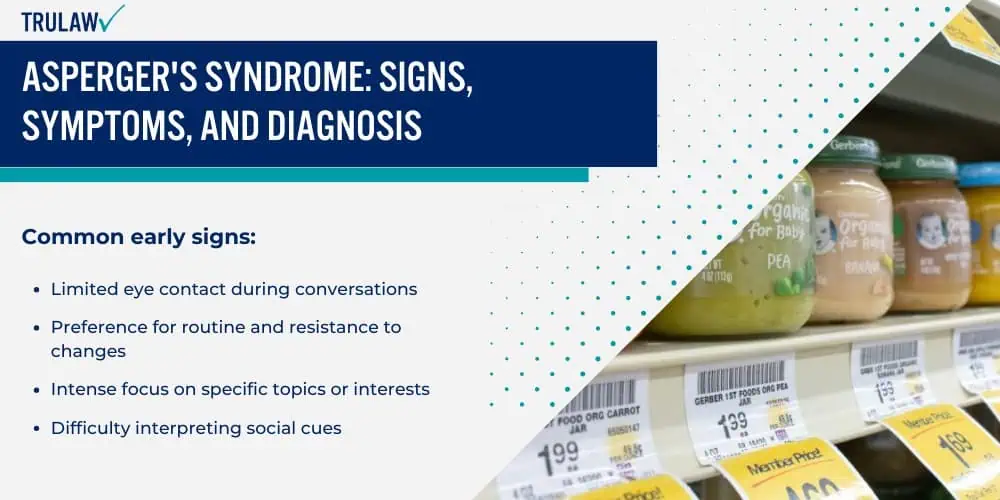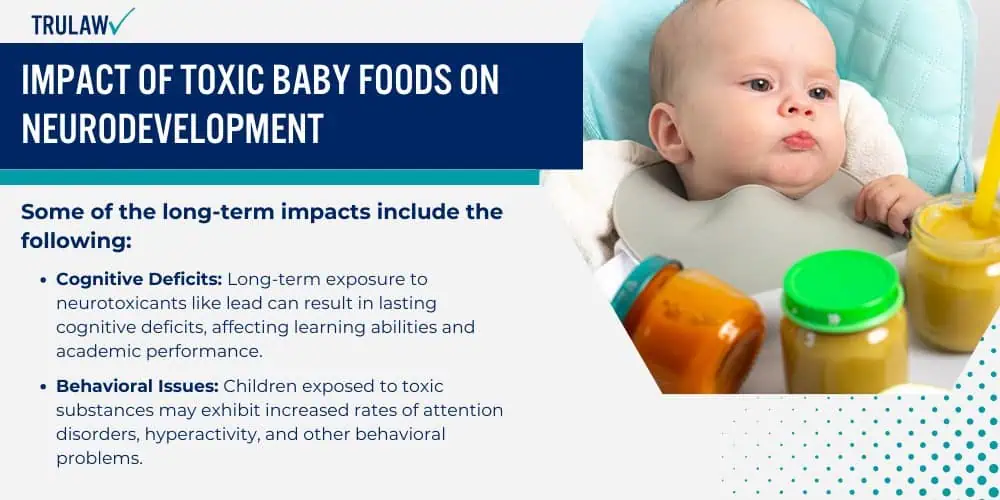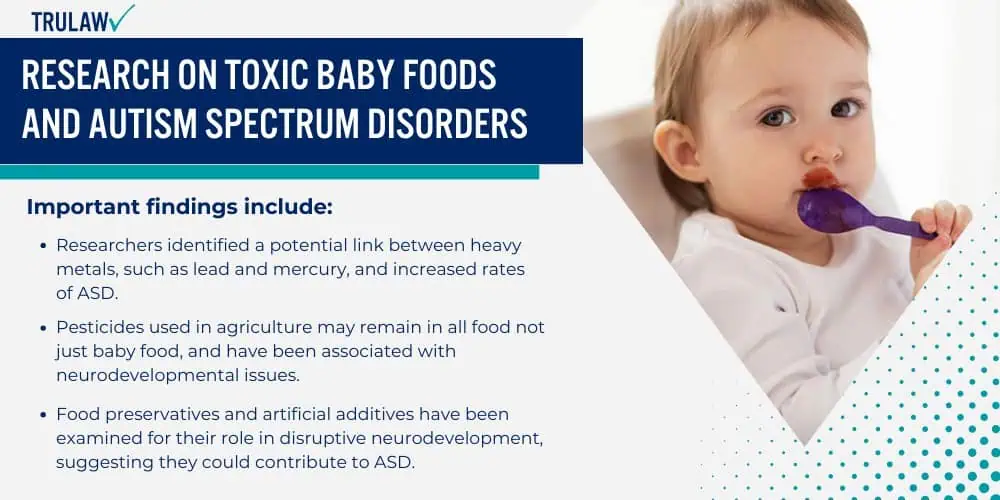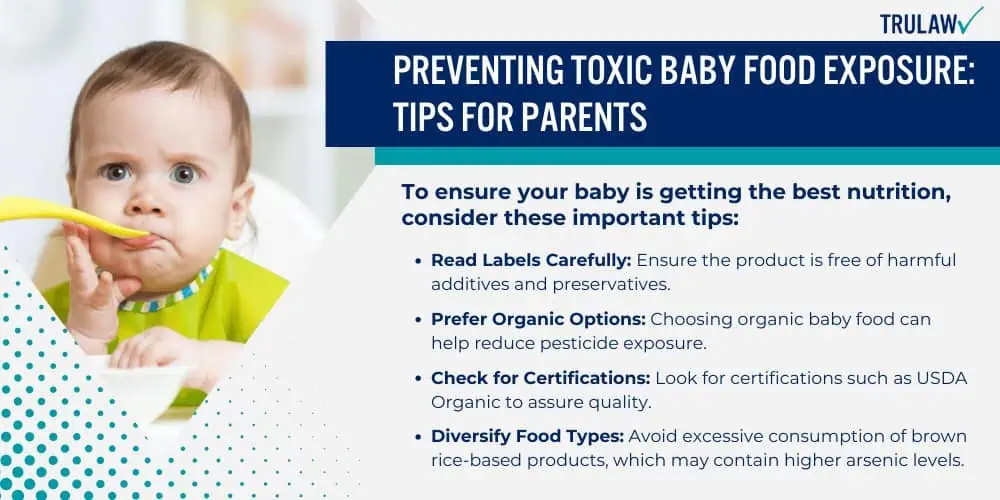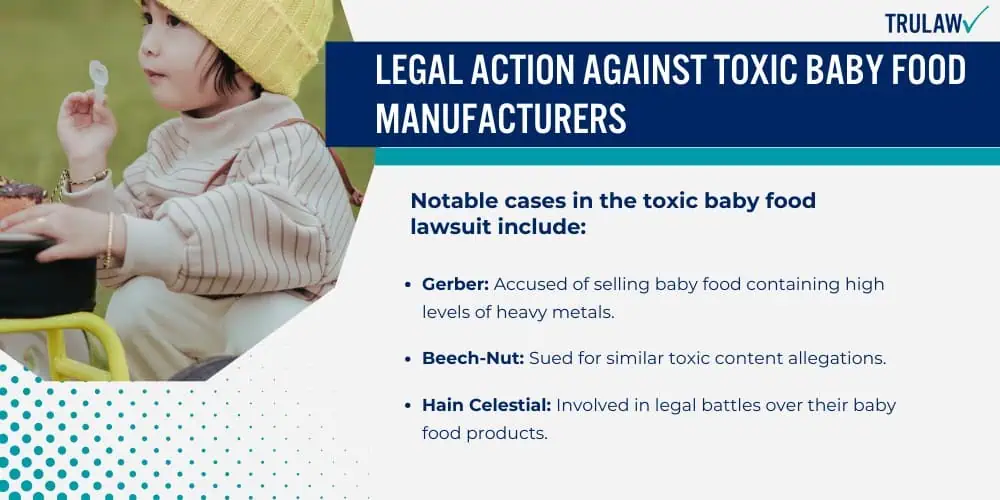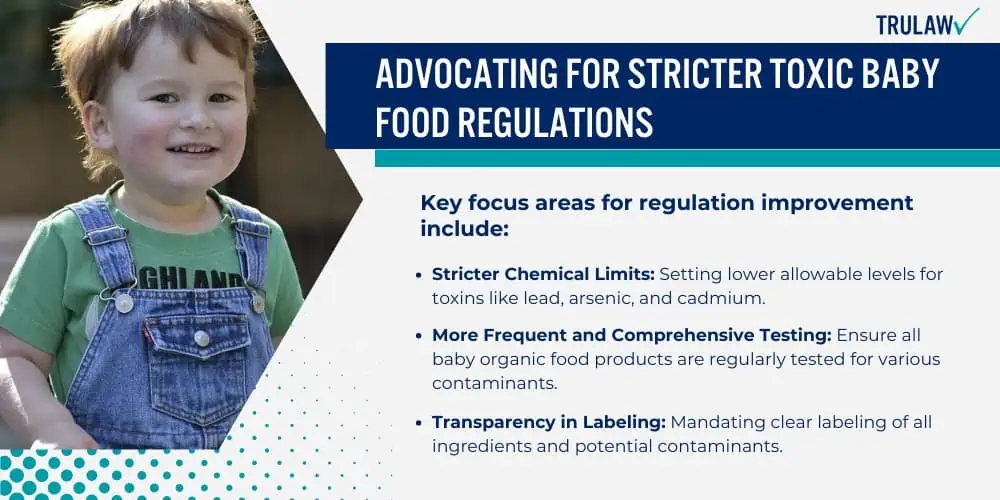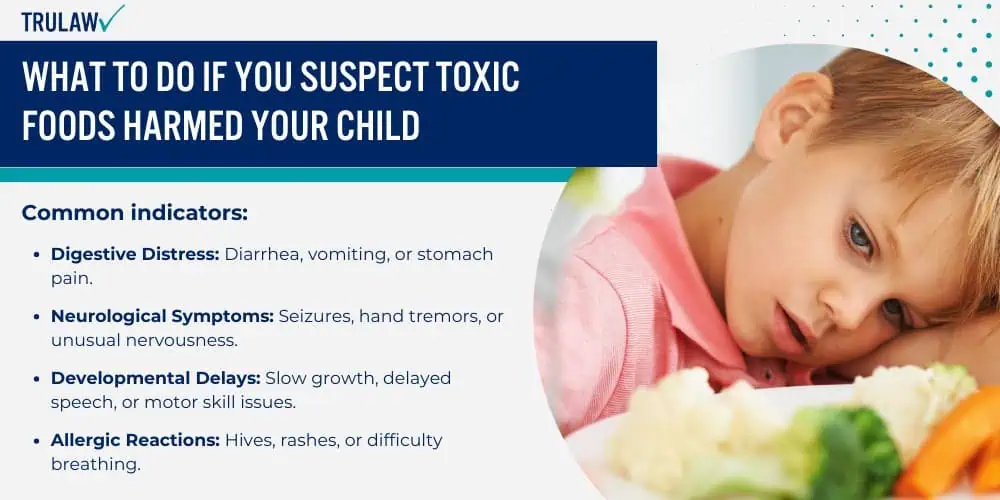Asperger’s Syndrome, a milder form of autism spectrum disorder, affects social interaction and communication skills.
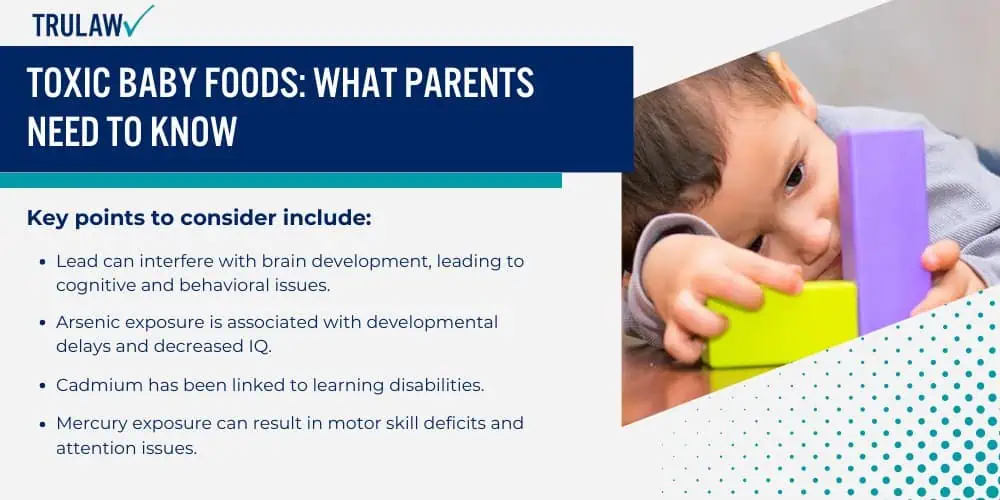
Environmental factors are believed to contribute significantly to the risk of developing this condition.
Parents must stay informed about the potential dangers linked to toxic metals found in baby foods.
Understanding these risks and their impact on a child’s health is vital for making safe dietary choices.
Research has indicated that exposure to harmful chemicals in early childhood may elevate the risk of autism spectrum disorders, including Asperger’s Syndrome.
The relationship between these toxicants and neurological outcomes highlights the importance of vigilance in selecting safe baby foods.
Understanding the Link Between Toxic Foods and Asperger’s Syndrome
Recent studies suggest a potential link between exposure to toxic heavy metals and the development of neurological conditions, such as Asperger’s Syndrome.
Research indicates that harmful substances like lead (Pb), arsenic (As), cadmium (Cd), and mercury (Hg) might impair the developing brain.
Babies consuming food contaminated with these metals may face an increased risk of neurological challenges.
Key points to consider include:
- Lead can interfere with brain development, leading to cognitive and behavioral issues.
- Arsenic exposure is associated with developmental delays and decreased IQ.
- Cadmium has been linked to learning disabilities.
- Mercury exposure can result in motor skill deficits and attention issues.
Common Toxic Ingredients Found in Baby Foods
Several popular baby foods and baby food brands contain toxic heavy metals.
Both store-bought and homemade baby food can have these contaminants, mainly due to environmental factors and agricultural practices.
Common ingredients that may contain harmful metals include:
- Infant Rice Cereal – high in arsenic.
- Carrots and Sweet Potatoes – can accumulate lead.
- Popular Baby Foods – made with root vegetables may contain cadmium.
- Foods Containing Fish – are prone to mercury contamination.
Health Risks Associated with Toxic Baby Food Exposure
Exposure to heavy metals in baby food poses significant health risks.
For infants, these risks include both immediate and long-term health problems.
Babies’ developing brains are particularly vulnerable to the neurotoxic effects of these metals, which can lead to:
- Reduced Cognitive Function: Lower IQ scores and learning difficulties.
- Behavioral Problems: ADHD and other behavioral disorders.
- Delayed Growth and Development: Physical and intellectual delays.
- Increased Risk of Chronic Diseases: Including cardiovascular diseases and certain cancers.
Parents need to be aware of these risks and make informed decisions to minimize heavy metal exposure in their child’s diet.
Avoiding or reducing consumption of certain high-risk items and opting for safer alternatives can make a significant difference in safeguarding babies’ health.
